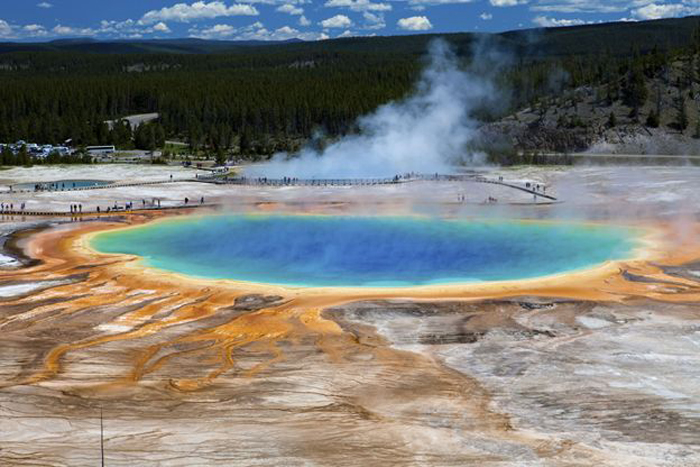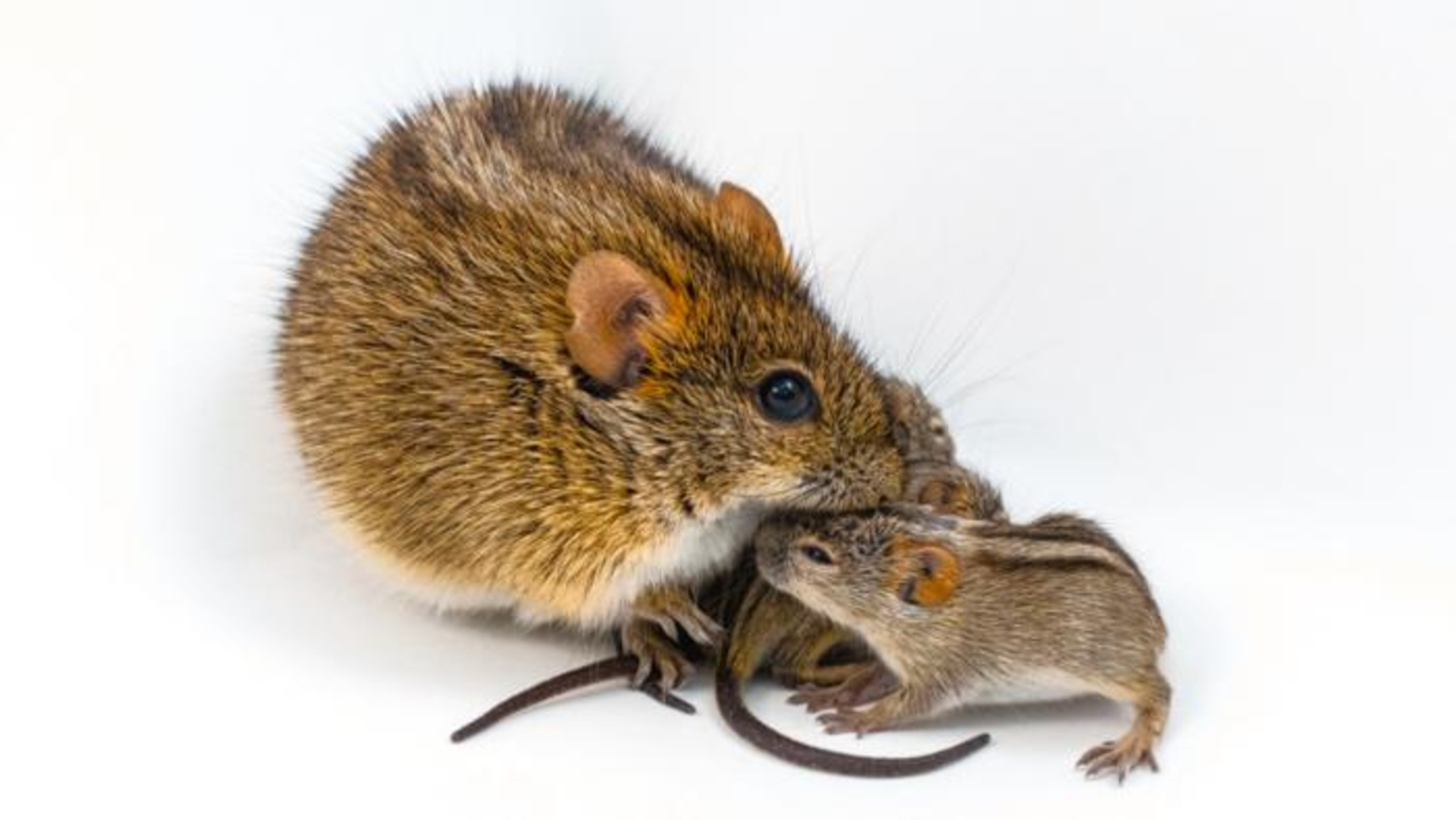Biodiversity Benefits Society in Surprising Ways

Get the world’s most fascinating discoveries delivered straight to your inbox.
You are now subscribed
Your newsletter sign-up was successful
Want to add more newsletters?

Delivered Daily
Daily Newsletter
Sign up for the latest discoveries, groundbreaking research and fascinating breakthroughs that impact you and the wider world direct to your inbox.

Once a week
Life's Little Mysteries
Feed your curiosity with an exclusive mystery every week, solved with science and delivered direct to your inbox before it's seen anywhere else.

Once a week
How It Works
Sign up to our free science & technology newsletter for your weekly fix of fascinating articles, quick quizzes, amazing images, and more

Delivered daily
Space.com Newsletter
Breaking space news, the latest updates on rocket launches, skywatching events and more!

Once a month
Watch This Space
Sign up to our monthly entertainment newsletter to keep up with all our coverage of the latest sci-fi and space movies, tv shows, games and books.

Once a week
Night Sky This Week
Discover this week's must-see night sky events, moon phases, and stunning astrophotos. Sign up for our skywatching newsletter and explore the universe with us!
Join the club
Get full access to premium articles, exclusive features and a growing list of member rewards.
This Behind the Scenes article was provided to Live Science in partnership with the National Science Foundation.
Every organism on Earth, from microbes to plants to large predators, has evolved unique survival mechanisms and distinct ecological roles. For decades, the National Science Foundation (NSF) has funded basic research on how these varied organisms — the Earth's biodiversity — functions.
Some of this research has serendipitously yielded unforeseen discoveries that provide important societal benefits. Many of these discoveries would probably not have been produced through mechanisms other than basic research.
For example, recent findings about how geckos climb vertical walls and walk across ceilings led to the development of new adhesives as well as wall-climbing robots that may one day be used to, for example, produce gravity-defying climbing boots and help collect space junk.
Kellar Autumn of Lewis & Clark College, who helped characterize the nanophysics of the gecko's Spider Man-like abilities, said, "Geckos, which evolved 160 million years ago, are so novel that engineers would never have developed nano-adhesive structures without them. It took 15 years and lots of NSF support to understand the basic physical principles of gecko adhesion and then to apply them to make them work. This suggests that there is a library of biodiversity that can be mined for valuable uses if we have enough resources and enough time — in light of high extinction rates — to really understand them." [10 Surprising Ways that Biodiversity Benefits the Economy]
The researchers depicted in Behind the Scenes articles have been supported by the National Science Foundation, the federal agency charged with funding basic research and education across all fields of science and engineering. Any opinions, findings, and conclusions or recommendations expressed in this material are those of the author and do not necessarily reflect the views of the National Science Foundation. See the Behind the Scenes Archive.
Get the world’s most fascinating discoveries delivered straight to your inbox.
 Live Science Plus
Live Science Plus











